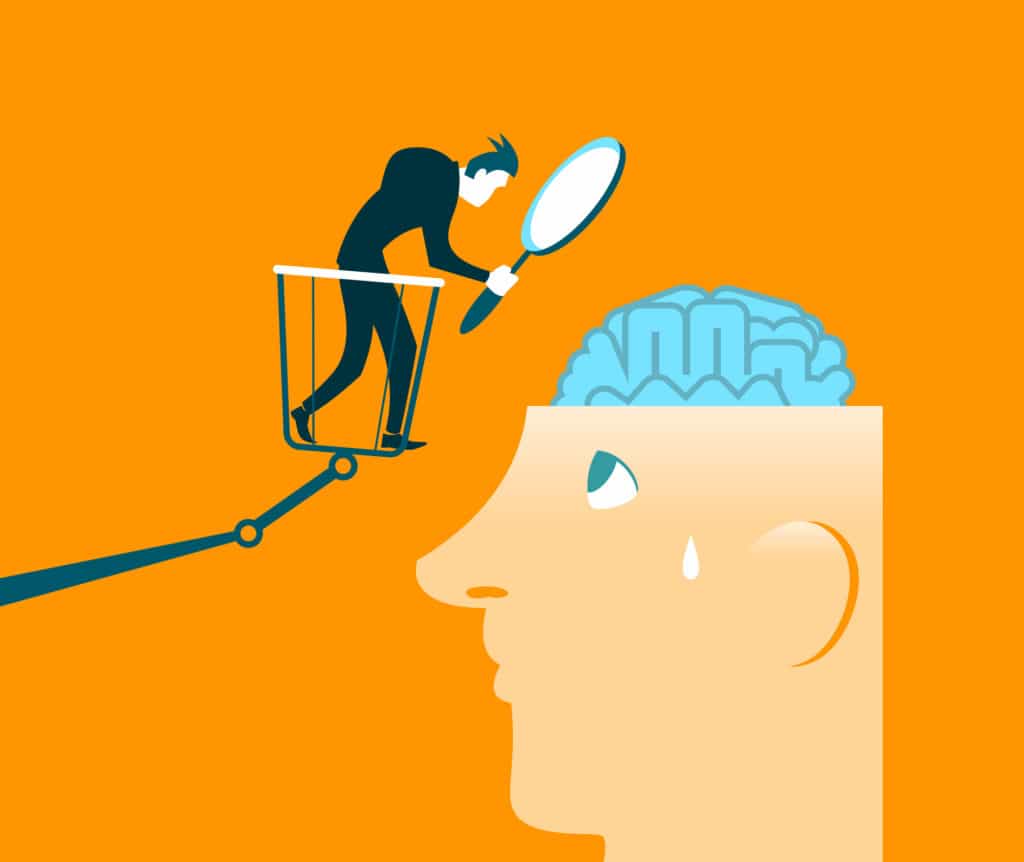Brain function tests
There are a number of brain function tests available to identify brain structure and disease, and look at how well your brain functions. These brain function tests include questionnaires, imaging techniques and brainwave activity assessments.
Questionnaires
Batteries of cognitive tests of thinking power are widely used to examine the impact and rate of aging. There are many simple standardized tests now available, many of them computerized, with alternate forms to allow accurate follow up over time.
The most comprehensive brain function tests assess emotional intelligence, depression, anxiety, stress, trauma (head trauma and emotional trauma), sleep, neurological disorders, substance use and personality. The tests then compare your results with others of the same age and gender.
Brain imaging techniques
Doctors use a range of brain imaging techniques today, such as Magnetic Resonance Imaging (MRI) or functional MRI (fMRI), Computerized Tomography (CT), Single Photon Emission Computerized Tomography (SPECT) and Positron Emission Tomography (PET). Each technique is able to provide specific information about brain structure, brain function or both.
Quantified electroencephalogram (QEEG)
This assesses brainwave activity using small electrodes placed on the scalp. It then compares the results to healthy people of the same age and gender. It can identify the extent and location of abnormal brain function or brain disease.
QEEG has the advantage of being non-invasive, painless, safe and dynamic (where brain function is seen in real time). It is also quick, usually requiring no more than 90 minutes to prepare and administer.
Last Reviewed 20/Feb/2017
Editor
Latest posts by Editor (see all)
- Oily fish and diabetes prevention - 04/06/20
- Manage the andropause - 11/12/17
- Testing testosterone levels - 07/12/17
